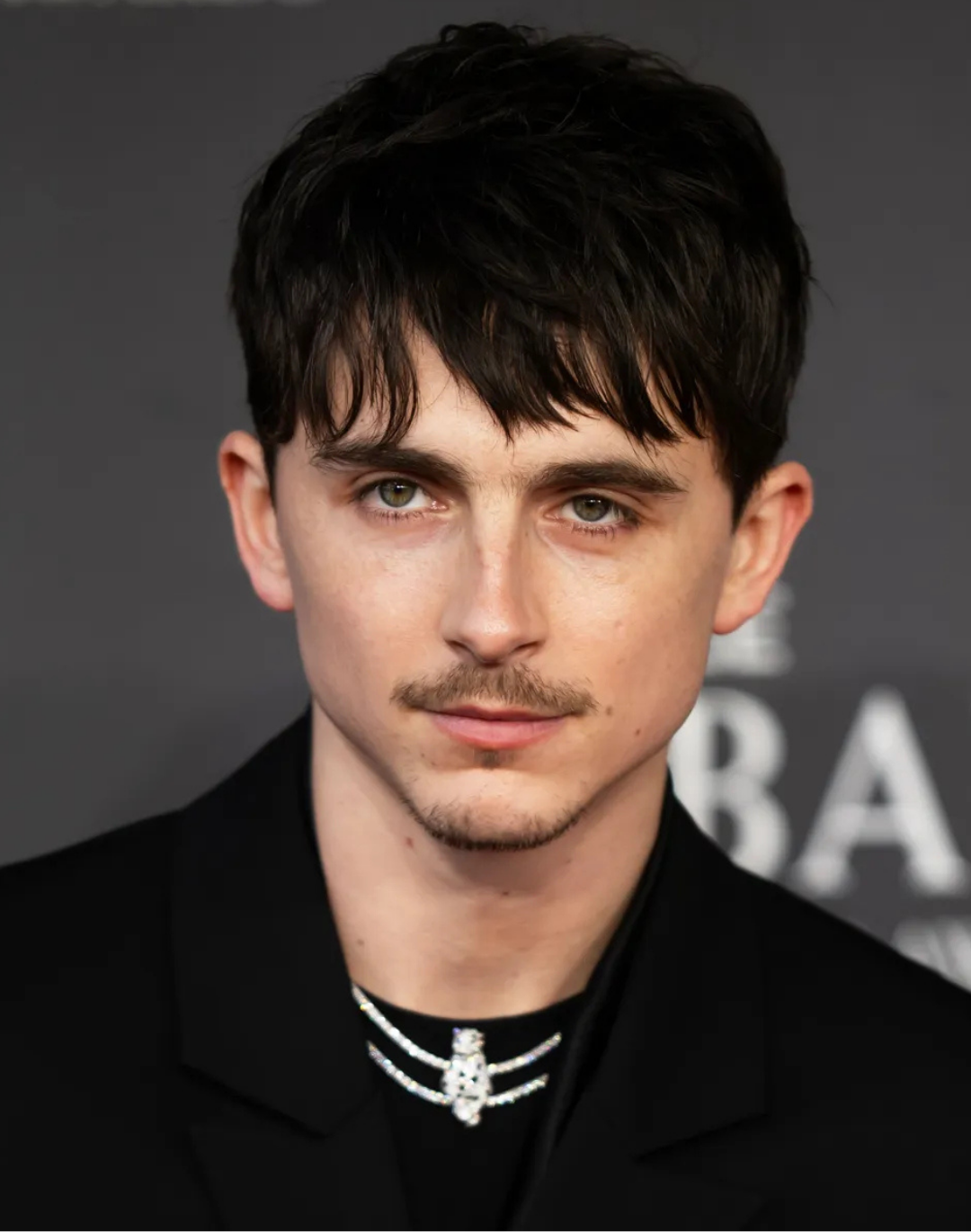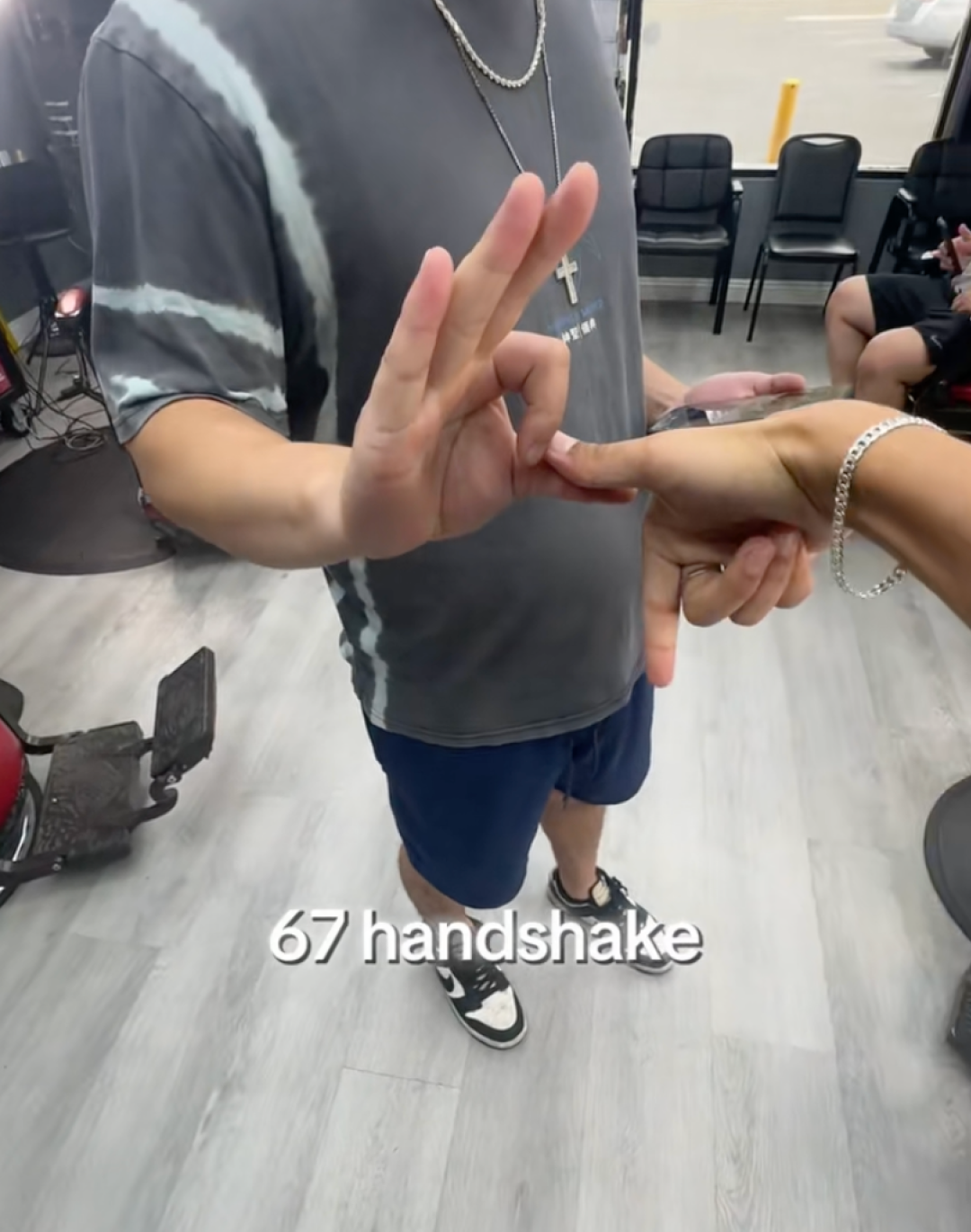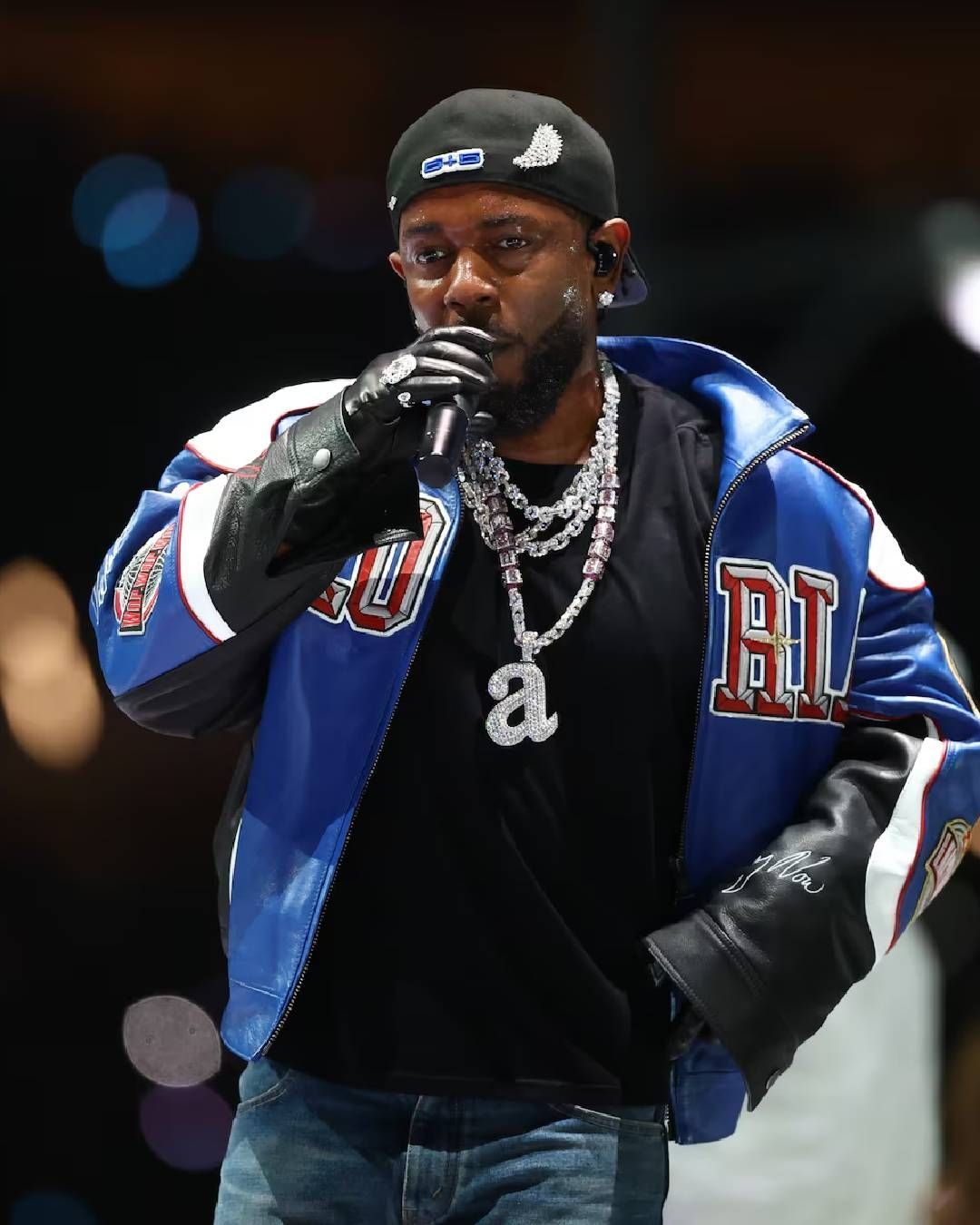
Hip-hop and his passion for comic book villains Not just Pusha-T and Joker, rap has always been inspired by villains
Imagine you are one of the strongest rappers on the planet and you want to write the album of the year inspired by "Joker", the Todd Phillips movie starring Joaquin Phoenix, tando to play it constantly in the studio, without sound, with the background of beats and rhymes. That's what Pusha-T did for "It's Almost Dry", his latest album, a perfect fit between the music of King Push and the soul of the most famous villain in the Batman pantheon. A work told by the rapper himself in an interview with Complex: «[Watching 'Joker'] was helpful. What happened was, we would mute [the movie], and we'd be playing the music or the beat while it's muted. You could see the motion and we'd be like, 'Oh, that's a marriage right there.'» Not only did Pusha-T reiterate his starring role in the rap game, but he once again underscored hip-hop's passion for the world of comic book villains in a relationship that, for years now, seems to have become perfectly symbiotic. Already in the past, the former half of the Clipse had set his career as that of the American rap villain, a character built as much with his out-of-the-box character as with his past as a drug dealer. «A good villain exudes charisma and power,» Pusha had explained in an interview for SPIN in 2016. «He has principles though; that just gives him a level of dimension. It makes him seem to be a bit unpredictable, because he's usually deemed as some type of evil, ruthless person and then he shows you his principles and you don't know what to think of it.»
Even before Pusha-T, even Kanye West was fascinated by the Joker in the famous chat in which he threatened Drake, while more than once the rapper has been defined as a "villain" for his personal arc of controversy and controversy. Taking away the most recent examples, in the past there have been other rap artists who have made the relationship with villains a constant in their art. Among them, impossible not to mention, MF DOOM, one of the most mysterious characters of modern rap thanks to his face always hidden by a mask inspired by Doctor Doom, one of the villains of Marvel comics and historical rival of the Fantastic 4. Picking up on the imagery of a fictional reality, the English rapper had fully immersed himself in his story and it was that silver mask that allowed him to stay in control throughout his career. «The DOOM persona felt as though it had emerged from the graveyard of rappers murdered by glam-hop,» Ta-Nehisi Coates wrote in 2009 about MF DOOM. The link between rap and imaginary alter-egos leads back to the study of these hard-to-frame personalities. Like MF Doom, Big Pun owes his name to a comic book anti-hero like The Punisher, the same can be said for Methon Man who in many cases chose the name Ghost Rider or even The Riddler, while Ja Rule had thought of changing his nickname to Loki letting himself be inspired by superhero culture to create a new imagery. The relationship between American comics and rap has become, over the years, increasingly close and related. Two art forms that specialize in storytelling and recreating worlds through words and images.
Being a villain doesn't necessarily mean labeling yourself as an evil person, but living on the edge by always following a code of honor. The word "villain" derives not by chance from the Latin word "villanus", which means laborer or worker of a plantation or a villa. Any person who was not a knight was considered an underdog, precisely, a "villanus." The world of hip-hop has often been relegated to a B art or something negative to society. Therefore, the figure of the villain is the one that most closely resembles its outside-the-rules DNA. Hip-hop, especially during the Golden Age of the 1990s, was stigmatized to a criminal, violent, and raw status. Michelle Alexander writes in her book "The New Jim Crow" that embracing the stigma is a political act, an act of defiance in a society that seeks to belittle a group of people based on an unalterable trait. That's why it's always been easier to identify with movie or comic book villains, characters stuck in a social label far more glamorous than heroes.















































